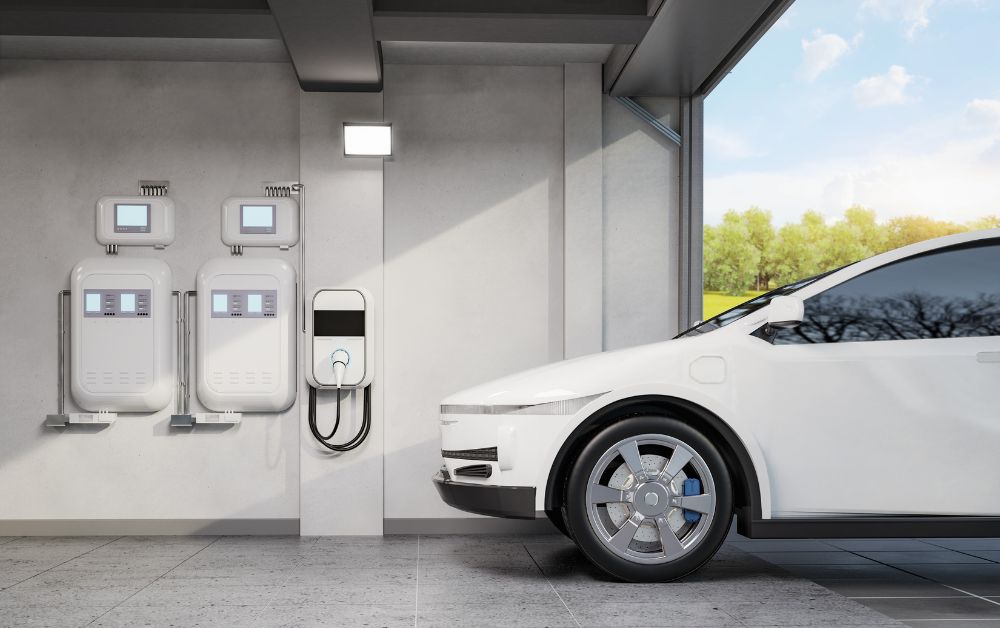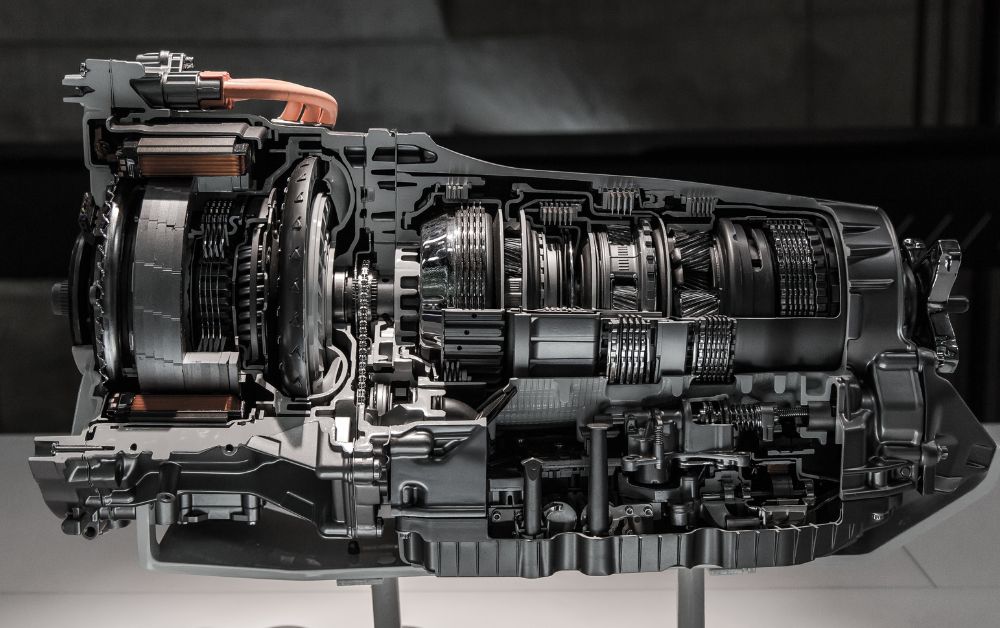In recent years, electric vehicles (EVs) have surged in popularity as the automotive industry undergoes a significant shift towards sustainable transportation. However, despite their growing prevalence, numerous myths and misconceptions still surround electric vehicles, deterring potential buyers from making the switch.
In this comprehensive guide, we delve into some of the most common EV myths and debunk them with factual evidence, providing clarity and insight into the reality of electric vehicle ownership.
Dispelling the Myths:
Myth #1: Electric Vehicles Have Limited Range
One of the most pervasive myths surrounding electric vehicles is the belief that they have limited range, making long-distance travel impractical. However, advancements in battery technology have significantly extended the driving range of EVs in recent years.
Vehicles like the Tesla Model S can travel over 400 miles on a single charge, while many other EV models offer ranges exceeding 200 miles. Additionally, the expanding network of charging stations makes it increasingly feasible to embark on extended journeys with an electric vehicle.
Myth #2: Electric Vehicles Are Slow and Lacking in Performance
Contrary to popular belief, electric vehicles are not sluggish or lacking in performance. In fact, many EVs boast impressive acceleration and torque, delivering a thrilling driving experience. Electric motors provide instant torque, enabling rapid acceleration from a standstill. Models like the Tesla Model 3 and Porsche Taycan demonstrate that electric vehicles can rival and even surpass traditional gas-powered cars in terms of speed and performance.
Myth #3: Electric Vehicles Are More Expensive to Own and Maintain
While the initial purchase price of some electric vehicles may be higher than their gasoline counterparts, the overall cost of ownership can be significantly lower. EVs have fewer moving parts than internal combustion engine vehicles, resulting in reduced maintenance requirements and lower long-term servicing costs. Moreover, the cost of electricity is typically lower than gasoline, translating to savings on fuel expenses over the lifespan of the vehicle. Additionally, government incentives and tax credits are often available to offset the upfront cost of purchasing an electric vehicle.
Myth #4: Electric Vehicles Are Harmful to the Environment
Some skeptics argue that electric vehicles are not truly eco-friendly due to the environmental impact of manufacturing batteries and generating electricity. While it’s true that the production of lithium-ion batteries involves energy-intensive processes, studies have shown that the overall carbon footprint of electric vehicles is significantly lower than that of conventional gasoline cars. Furthermore, as renewable energy sources such as solar and wind power become more prevalent, the environmental benefits of electric vehicles will continue to increase.
Conclusion:
In conclusion, the prevalence of misinformation surrounding electric vehicles can impede the transition to sustainable transportation. By debunking common myths and providing accurate information, we hope to empower consumers to make informed decisions about embracing electric vehicles. As technology continues to evolve and infrastructure improves, the future of electric mobility looks brighter than ever. Let’s dispel the myths and embrace the electrifying potential of EVs for a cleaner, greener tomorrow.
With the debunking of these myths, it’s clear that electric vehicles are not only viable alternatives to traditional gasoline cars but also offer numerous advantages in terms of performance, cost-effectiveness, and environmental impact. As society progresses towards a more sustainable future, electric vehicles will undoubtedly play a crucial role in shaping the automotive landscape.










